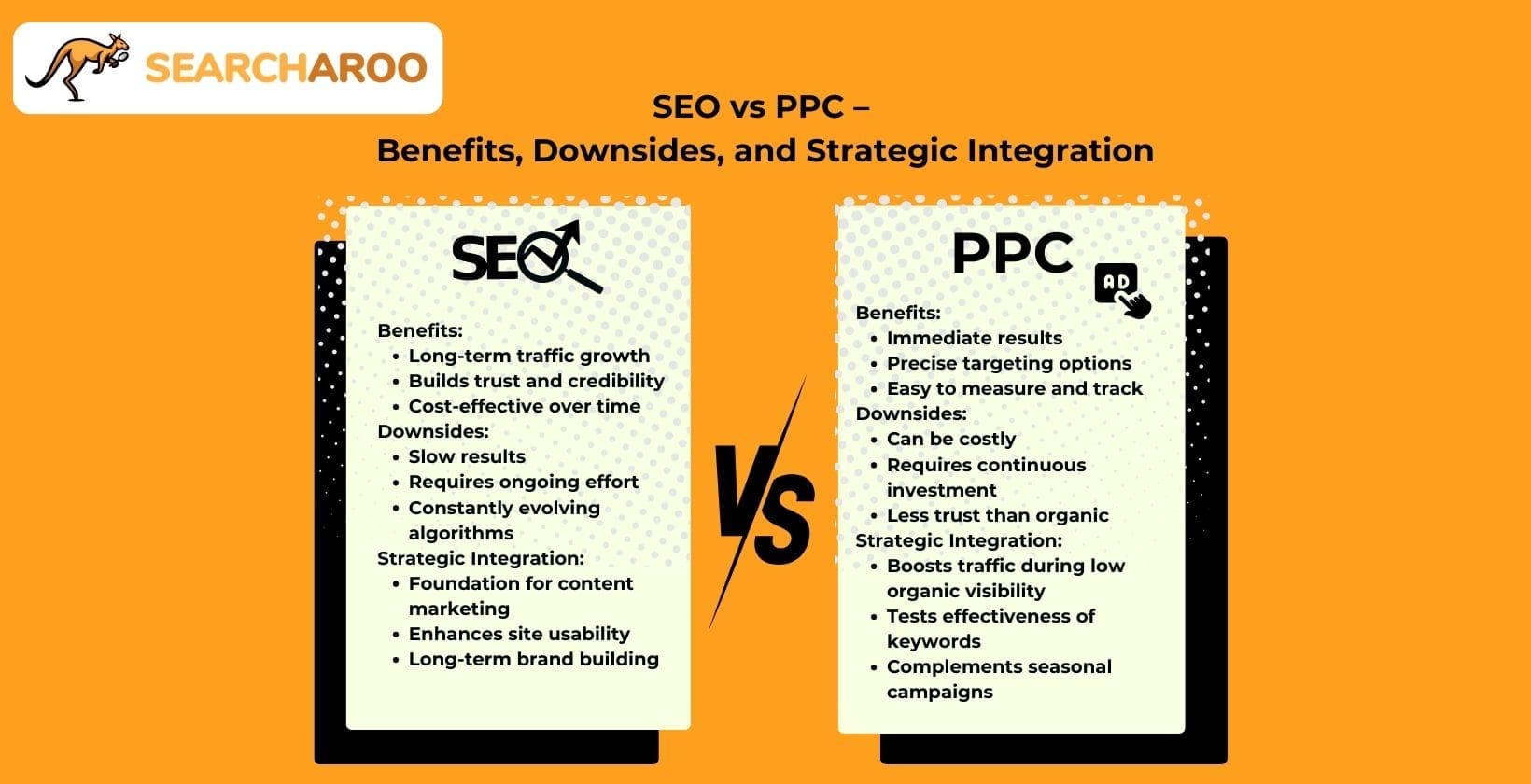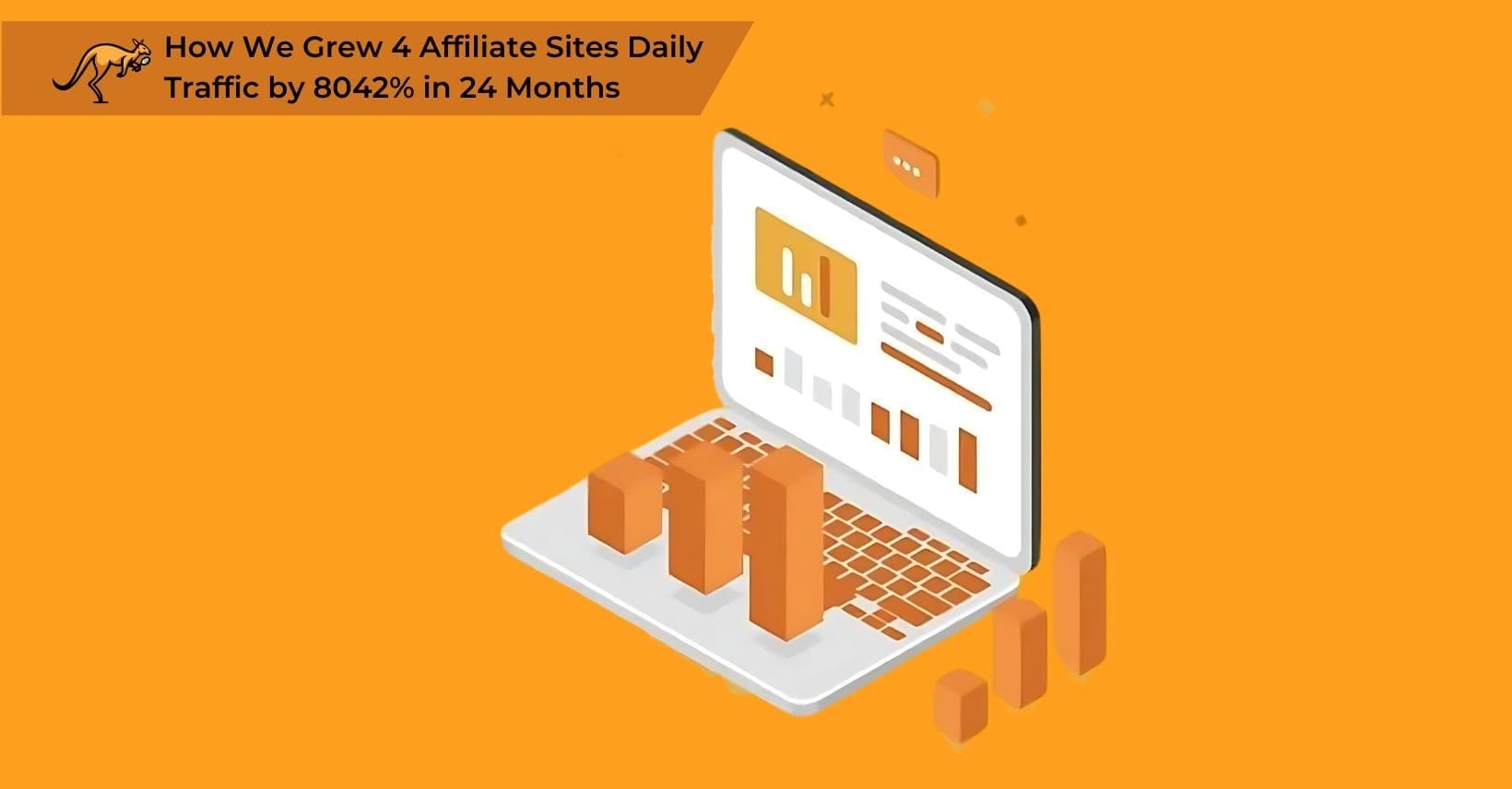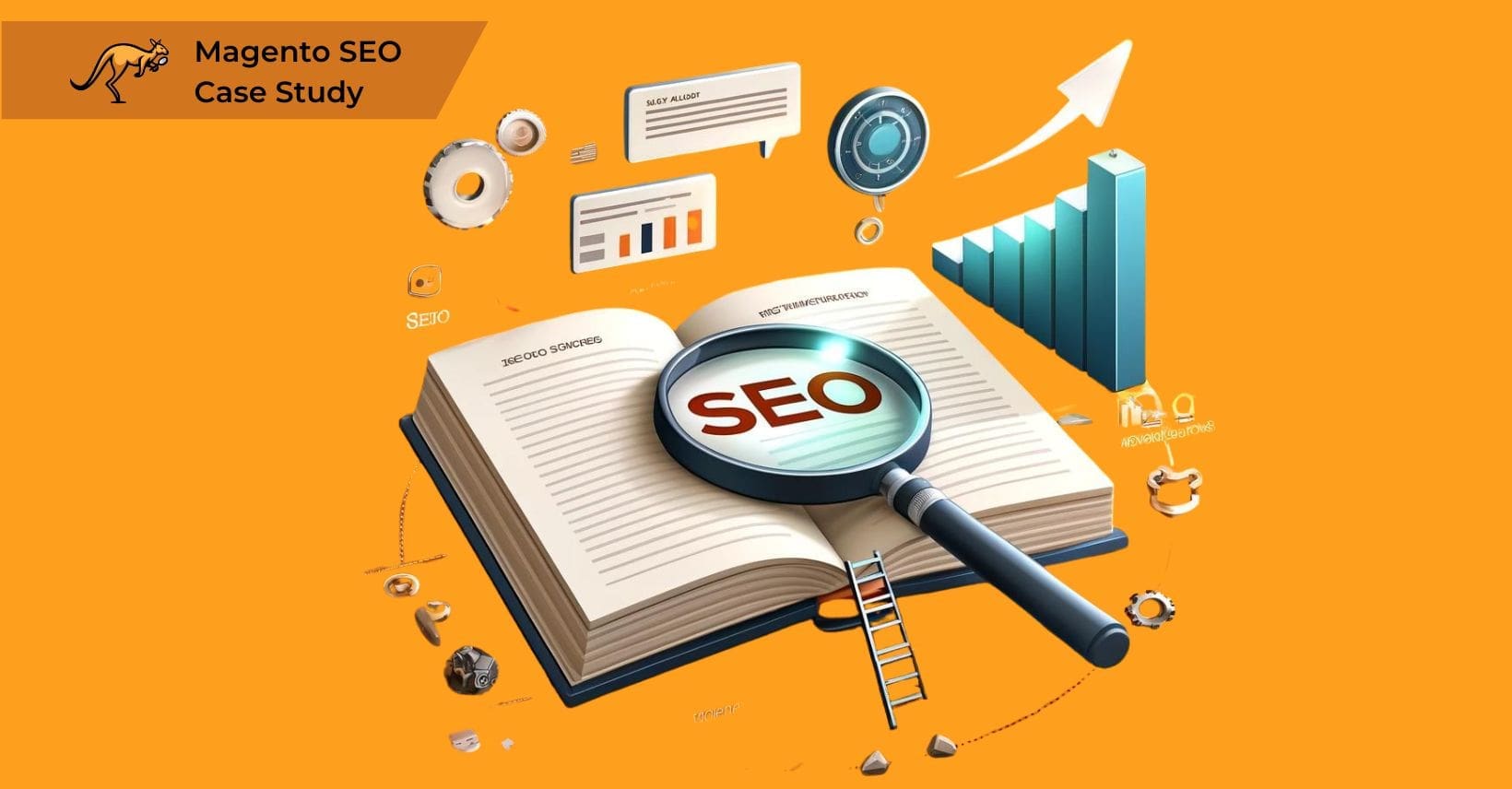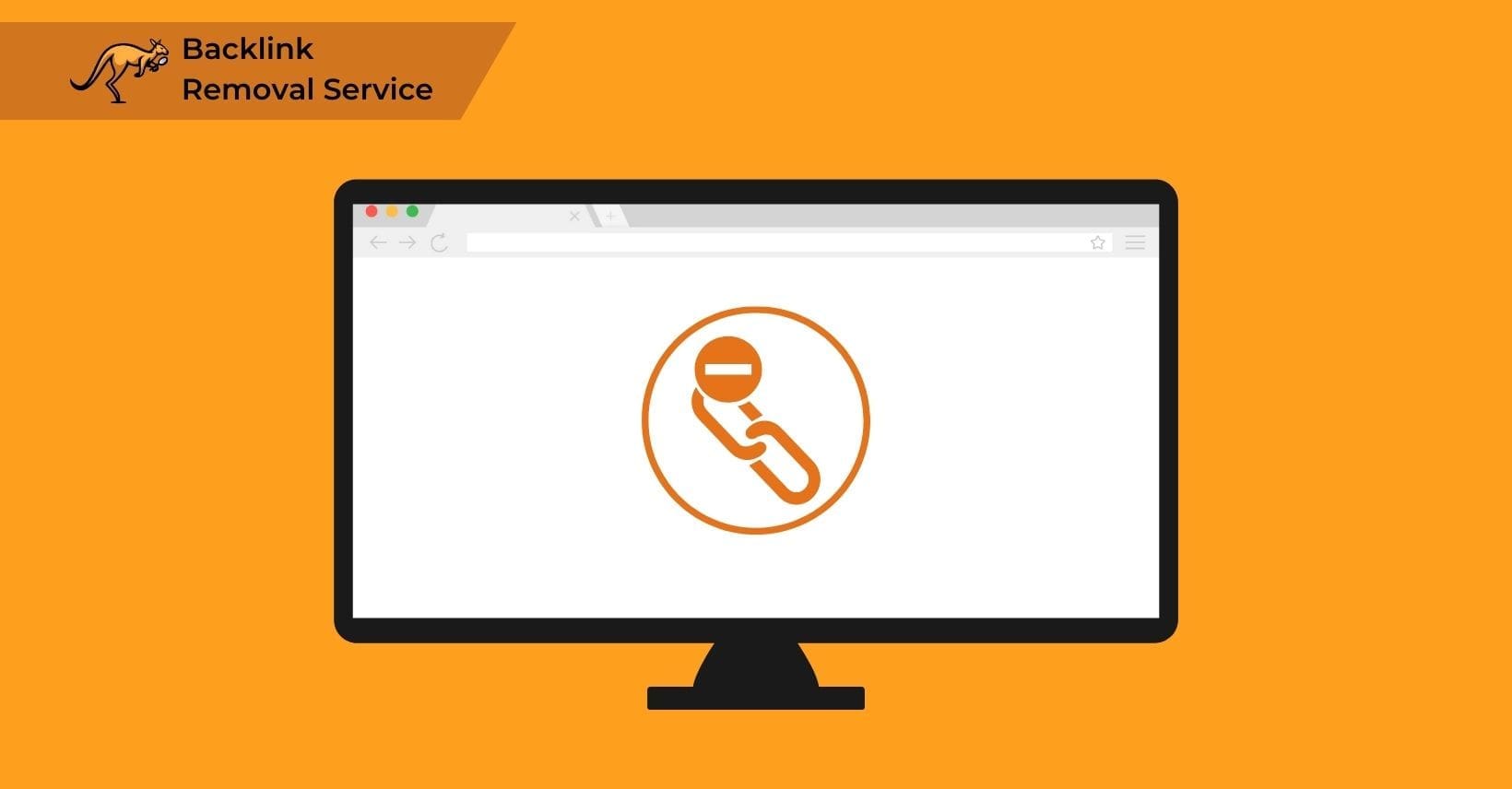Search engine optimization (SEO) and pay-per-click (PPC) marketing are each effective in their own right but do not provide a one-size-fits-all solution.
Business owners often need to choose which strategy to focus on or rely on one to correct issues arising from the other. Although the choice between SEO and PPC is a frequent topic, particularly for those new to running a business, it’s commonly recognized that employing both strategies is beneficial.
However, there are occasions where focusing on one may be necessary to address specific problems.
Key factors must be considered when deciding whether SEO or PPC is the better option for any particular scenario. Now, let’s examine the basics of SEO and PPC to understand their roles and impacts better.
What is SEO?
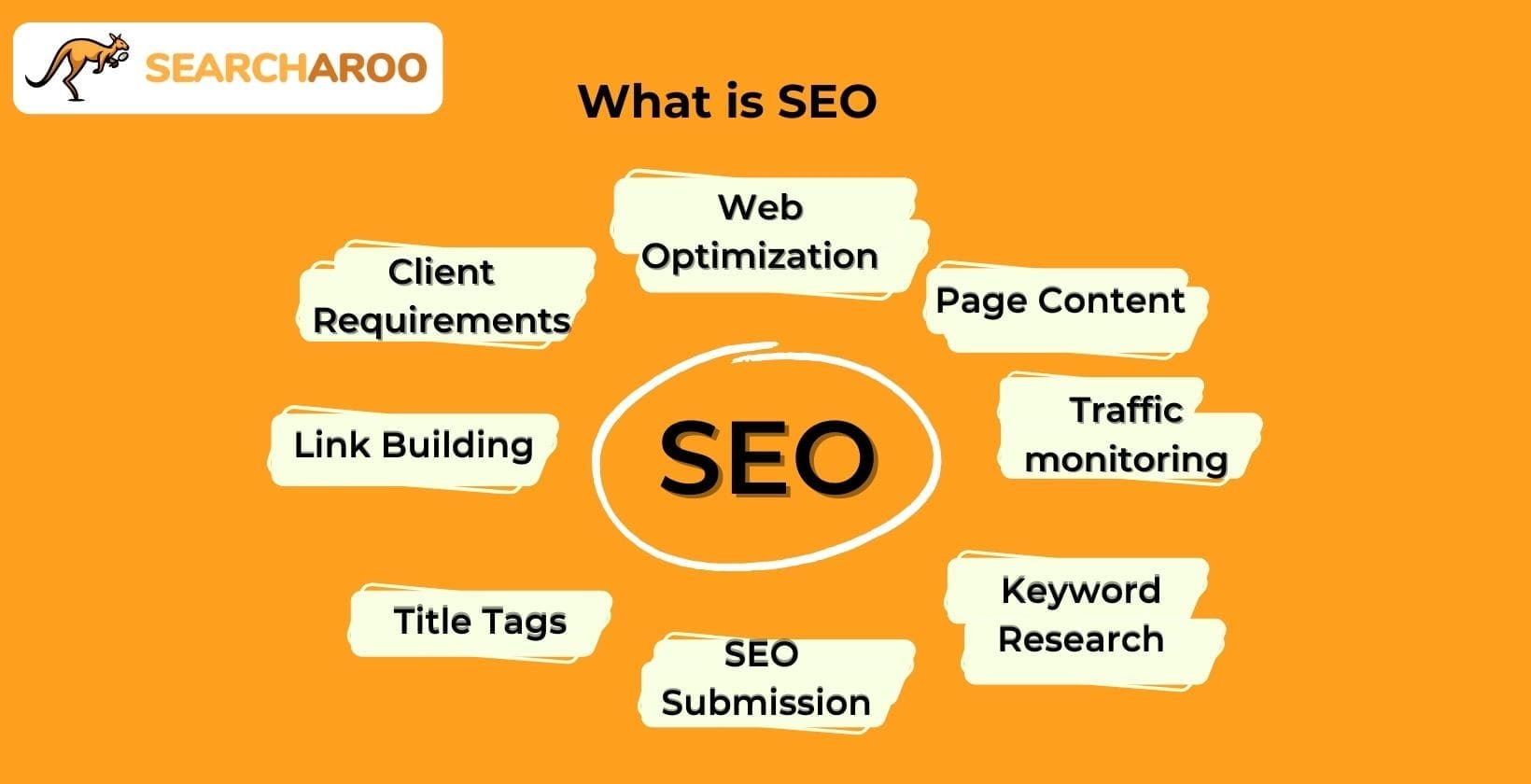
SEO, or search engine optimization, utilizes targeted strategies to enhance your website’s visibility on search engines, thereby increasing brand awareness and organic traffic.
These strategies manipulate search engine algorithms that prioritize certain criteria to elevate sites within search engine results pages. For instance, a search for “furniture” on Google triggers the algorithm to display the most relevant and high-quality furniture-related pages.
Search engines rank websites based on these algorithms, where higher-ranking sites are more visible to users. A crucial aspect of SEO is relevance; websites must align closely with keywords and phrases that reflect their content to achieve favorable rankings.
By optimizing your site’s visibility for relevant niches, you attract more targeted traffic and appear more frequently in searches used by potential customers.
While these strategies focus predominantly on optimizing for Google, one might wonder if SEO practices are exclusive to this platform alone. The discussion below will explore the applicability of SEO beyond Google and delve into the benefits these techniques offer to websites across various search engines.
Is Search Engine Optimization Only For Google?
Search engine optimization applies to most search engines, although Google is still the most popular search platform by a wide margin.
In a technical sense, SEO is just about working with the search engine algorithms of any platform that you want to be optimized for, from Google to Bing and Yahoo.
Since Google is the main target of most search engine optimization, doing it well requires an understanding of both the categories of SEO and the algorithm behind Google itself.
Like most search engines, it has a huge (and not fully public) list of ranking factors that influence how well it ranks different sites.
The Benefits of SEO
When considering the choice between SEO and PPC, it’s important to recognize the unique benefits that SEO brings to the table.
Unlike PPC, SEO has the potential to deliver desired outcomes through the application of expertise and knowledge. The key is to use these resources effectively to achieve your goals.
Choosing SEO introduces a pathway to lower costs, precise targeting, strategy stability, and establishing authority within your industry. These factors collectively contribute to a method that reduces expenses and refines how audiences are reached.
As we transition to exploring the multifaceted advantages SEO offers, consider how it aligns with the objectives of cost-effectiveness, exact audience engagement, sustainability in results, and establishing a credible presence — each stepping stone paving the way to becoming an authoritative figure in your field.
SEO Costs Less
While SEO can be costly in terms of both time and money, it is often much cheaper than a PPC campaign.
This can make it an affordable way to drive more organic search results traffic to your website for a relatively low price, especially if you are using low-cost SEO strategies.
A lot of SEO involves either free or near-free techniques, such as creating new blog content or optimizing your page at a technical and code level.
While there are still ways to spend money on SEO, it is entirely possible to have SEO campaigns that cost no money to run directly.
SEO can also be very easy to scale with your business, and you do not need to pay to maintain your organic rankings.
However, you do need to keep an eye on them in case other websites manage to overtake you using an even more optimized SEO campaign.
SEO Allows Precise Targeting
Search engine optimization is based on using specific keywords to direct your website to the right places, and that makes it surprisingly easy to target different groups of users in distinct ways.
Not only that, but you can often make unique sub-campaigns to capture different audiences entirely.
This is most obvious with your sales funnel.
It is easy to create content that specifically targets different parts of your audience, such as tutorials for inexperienced first-time users or specialized marketing content for any users who are on the verge of deciding which products to buy.
SEO allows for a huge amount of flexibility, as well as a quick adjustment that does not necessarily cost anything.
This means that it can be adapted on the fly to target whoever it needs to target, regardless of how niche that audience might be.
SEO Is Stable
SEO success is usually a long-term thing unless you completely ignore major changes to Google’s algorithm or do something to get your SEO penalized by search engines.
Most search platforms are looking for things like relevance and value to the user, which should remain stable (or increase) in the long term.
This means that there is no need to constantly change up campaigns that work.
Unlike regular marketing, SEO is always running and will always provide you with benefits as long as you have managed to put it into a good starting point. Even mediocre SEO provides a consistent boost to your site’s rankings.
SEO Makes You An Authority
Achieving authority in a chosen niche through SEO enhances site visibility and credibility, increases visitor traffic, boosts word-of-mouth promotion, and solidifies your market stance.
These outcomes directly contribute to business success, particularly those targeting niche markets.
However, relying heavily on SEO techniques also introduces certain challenges, hinting at potential risks and pitfalls that may not be immediately apparent.
The Downsides of SEO
While SEO can lead to impressive outcomes, achieving these results involves inherent risks. Implementation errors or unexpected changes in search engine algorithms can disrupt the anticipated success of SEO strategies.
As SEO relies on understanding these complex algorithms, regular monitoring and updates are essential to adapt to any shifts. Moreover, SEO strategies require time to yield visible improvements and demand specialized skills to execute effectively.
These facets highlight the importance of patience, precision, and expertise in search engine optimization.
SEO Relies on Algorithms
Search engine algorithms often change, especially if the search platform itself is getting any major updates.
While these changes are usually just small things that might shift organic search results a bit, it only takes one unfortunate change to completely ruin your initial SEO strategy.
SEO Requires Regular Checks
Keeping an eye on your search engine results page rankings is important.
Not only can the algorithm change, but you will need to make sure that every new page and piece of content fits with your SEO strategy – and you may need to keep revisiting older pages to optimize them even further.
SEO Takes Time
SEO does not provide immediate results. Search engines crawl sites on a slow cycle, and you will not know how well your targeted search keywords work until you see the statistics for yourself.
This means that it can take a while for an SEO strategy to provide the results you are looking for.
SEO Takes Skill
Mastering SEO is no simple task; it demands the strategic insight to identify the correct organic audience and the technical prowess to optimize a website for high-impact visibility in search engine results.
The process entails a precise blend of skills, expertise, and sometimes, the courage to make bold decisions.
As we pivot to exploring another key digital marketing strategy, we delve into Pay-Per-Click advertising, offering a glimpse into its defining features and potential benefits.
What is PPC?
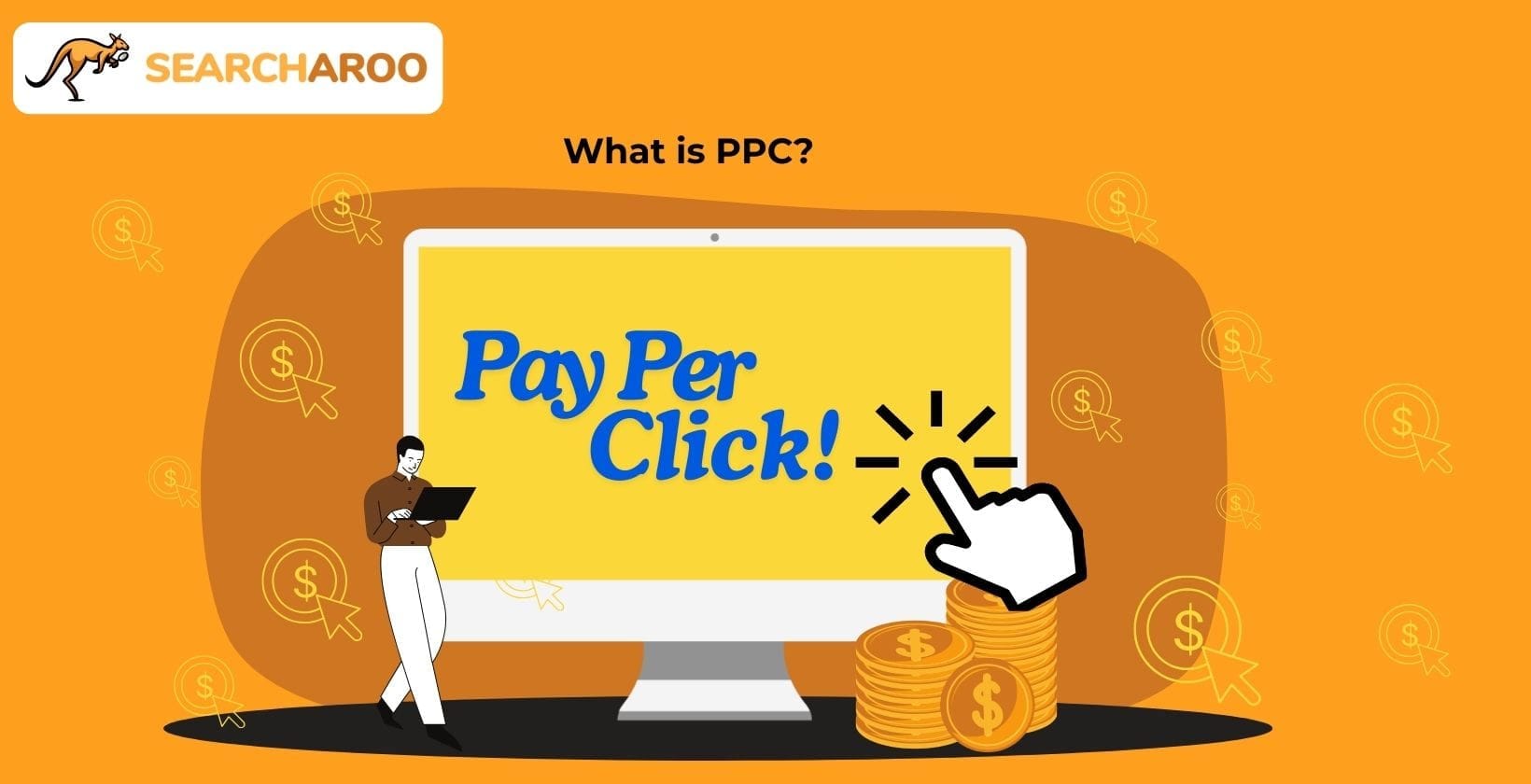
PPC marketing uses paid advertisements on search engines to target specific audiences.
Each click on an ad incurs a cost, making PPC a cost-effective strategy compared to other advertising forms. The ads often occupy prime positions at the top of search engine results, leveraging the same keyword strategies as SEO to attract clicks.
As businesses aim to maximize the visibility and efficiency of their online campaigns, they need to explore strategic methods to optimize these efforts.
This sets the stage to discuss further the benefits of Pay-Per-Click advertising, a powerful tool in enhancing visibility and driving targeted traffic efficiently.
The Benefits of Pay-Per-Click Advertising
In the SEO vs PPC debate, PPC ad campaigns are sometimes seen as the “blunt instrument” to SEO’s “scalpel.”
However, paid search ads can be incredibly powerful, often providing guaranteed success where relying on a less direct digital marketing strategy would not.
As we explore the potential of PPC, consider its direct impact on traffic generation: businesses deploy PPC ads, search engines display these ads prominently, and potential customers click through at high rates.
This cycle highlights the immediate and measurable outcomes of using paid search strategies. With this understanding, we discuss the specific advantages PPC offers to marketers and businesses alike.
PPC Ads Get Results Fast
A good PPC campaign can get almost immediate results since the ads will usually start running within only a few hours of confirming them.
This makes it much easier to see how your ads are performing straight away, and it makes adapting them on the fly a lot simpler if you ever need to.
This speed also means that ads can be a much better option for advertising very limited-time promotions or events.
These paid search advertisements can be placed in front of your audience within less than half a day, which is great for promotions that only last a few days.
PPC Ad Always Take the Top Spot
Paid ads are always placed above organic search results when they appear.
If you manage to get PPC ads ranking for an important keyword, your PPC ad will always appear at the top of the search engine results page, which can make brand awareness much easier to build.
With the right ad copy, it can even lead organic traffic to your website simply because you are one of the first web pages that users see.
While some users ignore paid search results entirely, others are more than willing to click on paid ads if they seem like the best place to turn for what they need.
PPC Ads are Easy to Target
Just like SEO, PPC ads are heavily focused on keywords.
However, Google Ads and other search engines’ ad platforms allow even more focused targeting, using details such as demographics to aim at specific kinds of organic traffic.
This can make it one of the best digital marketing strategies for capturing niche audiences.
Using multiple paid ad campaigns can make it incredibly easy to send different parts of your target audience to different landing pages, each designed to appeal to them specifically.
PPC Ads Make Testing Simple
PPC advertising offers the advantage of facilitating rapid A/B testing for paid ads.
This feature allows advertisers to simultaneously run two versions of an ad targeting the same audience to determine which performs better. Such testing can refine ad copy effectively while minimizing financial risks associated with ad spend.
When one ad outperforms the other, advertisers can immediately prioritize the more successful ad, enhancing campaign performance quickly.
While these advantages are clear, PPC advertising is not without its challenges, some of which we will explore next.
The Downsides of PPC*******
PPC campaigns are incredibly powerful when handled correctly, but that does not make them perfect.
Not only do they have their faults, but using them incorrectly can often lead to your PPC advertising causing more problems than it solves.
Paid Ads Can Get Costly
PPC campaigns obviously require money to get them rolling, but the amount that each paid ad costs can vary wildly based on a range of factors.
Since you are trying to outbid other businesses, highly-competitive keywords can quickly become incredibly expensive to target in the long term.
Even when going for lower-competition keywords and audiences, you still have to keep a budget set aside for your paid search results ads.
Without any ad spend, you can’t keep your ads up, and that leaves you relying solely on organic search results.
Paid Ads Have Lower Profit Margins
PPC ads cost money to run, and that means that paid search advertisements are eating into whatever profits they generate.
While you might get more paying customers than organic search results, you are also having to pay for the ads, so your total takings could still be lower.
This does not make them bad, but it does mean that money becomes much more of a factor that you need to consider. Unlike SEO, you can’t get banner ads for free simply by optimizing your site.
PPC Ads Need Constant Tweaking
Competition is a familiar challenge in digital marketing, including in PPC campaigns.
Effective PPC management requires consistent investment and attention to maintain competitive ad bids and ensure that ad content remains attractive and effective.
Ads may lose their impact if they appear too often without updates or their meta descriptions become outdated.
Moreover, competitors might outbid you or optimize their ads on various ranking factors, possibly elevating their more budget-friendly ads above yours.
We will examine the “SEO vs PPC Statistics” to see how these competitive factors influence performance.
SEO vs PPC Statistics
When assessing SEO and PPC effectiveness, certain statistics highlight their distinct advantages:
- SEO: Nearly 95% of web traffic goes to websites on the first page of search results, with organic SEO being over five times more effective at generating clicks than paid ads.
- PPC: These ads can boost brand awareness by 80%, and visitors from PPC are 50% more likely to make a purchase compared to organic visitors.
These figures demonstrate the strengths of each method: SEO drives long-term, consistent traffic growth, while PPC offers immediate visibility and a quick traffic increase.
As we consider these advantages, we transition to the question, “SEO and PPC – Which is Better?” to further explore which strategy might best suit your needs.
SEO and PPC – Which is Better?
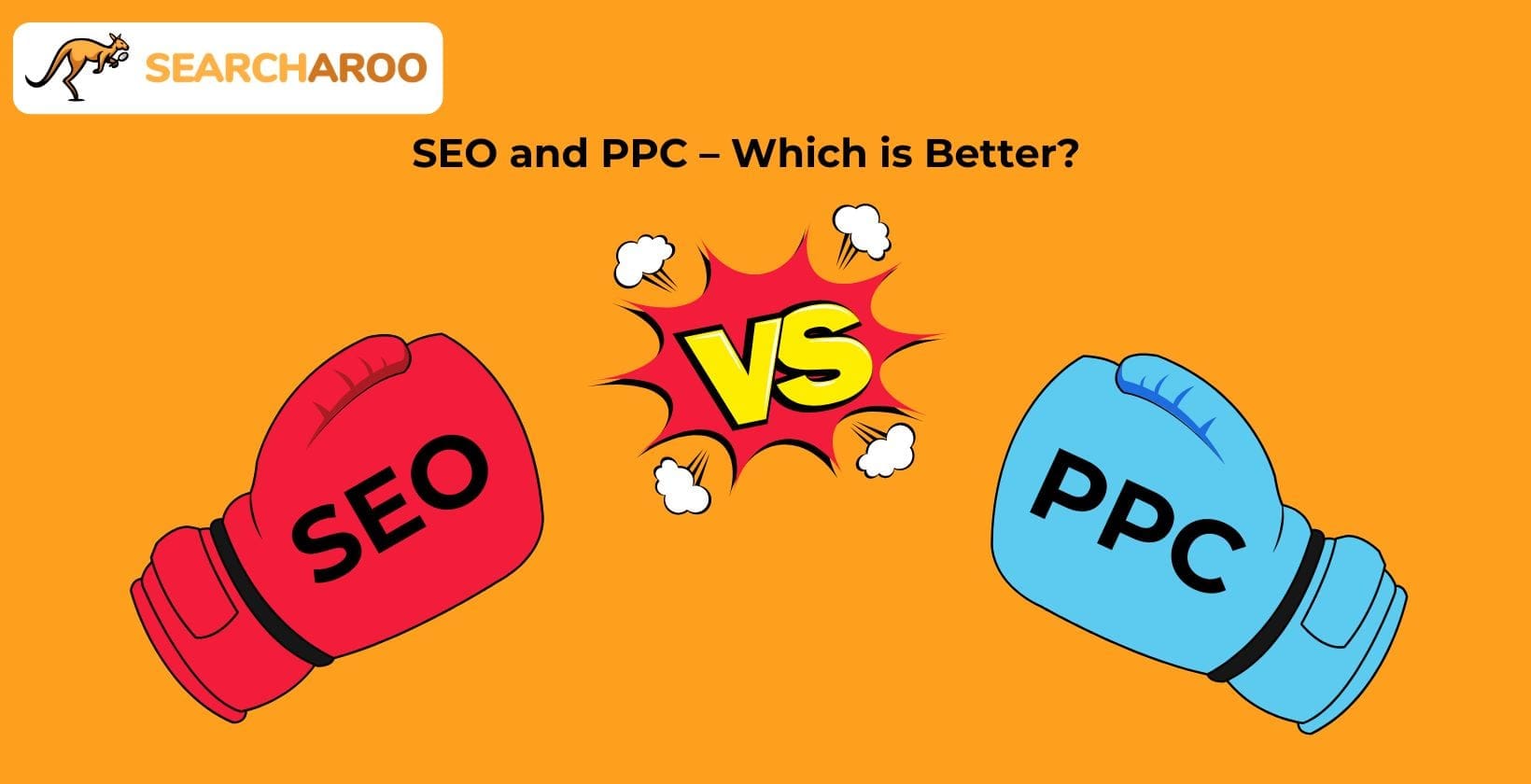
The SEO vs PPC debate is not really a “debate” as such. Using SEO and PPC alongside one another is the best way to ensure that you create content and promote your brand to a wider range of users and are not lacking in either area when it comes to driving traffic to your website.
However, SEO and PPC are meant for very different things.
While SEO tools capture non-paid search results, PPC paid ads place you on the Google Display Network and get you into places that organic listings cannot.
Both SEO and PPC have their own specific use cases, as well as some benefits that the other does not.
It is important to understand when SEO and PPC are useful – and over time, most marketing specialists eventually develop a second sense to know which is the right tool for each job.
When to Use SEO
SEO is most useful when you want to stick to a low budget, want to specifically rank higher on organic search results, or just generally want to make search engines more willing to rank your site well.
SEO provides the most direct benefits in terms of brand authority and identity and avoids the potential stigma that sites get for over-advertising themselves to a specific community.
Perhaps the biggest benefit when comparing SEO and PPC is the fact that SEO can be almost entirely free if handled well. Even using paid techniques can still be much cheaper than paying for ads.
For example, technical SEO focuses on improving your own web pages, something that can be done with no actual direct costs involved.
A focus on organic rankings also makes SEO much more “natural,” which can be a surprisingly effective way of building up a better reputation if you are targeting one specific audience or niche.
In other words, SEO is a great way to drive free traffic to your website through nothing more than boosting your organic rankings, helping you target a wider base of potential customers without spending much money.
When to Use PPC
PPC ads offer immediate visibility, securing top placement in search results, which can boost both paid and organic traffic.
Although competition is a common challenge, akin to SEO, investing in PPC can effectively elevate your rankings.
Even businesses with modest budgets can achieve significant gains in niche markets by outperforming competitors in advertising.
PPC is not merely about aggressive spending; it integrates well with SEO strategies. The same quality factors that affect SEO rankings also determine the effectiveness of PPC ads, facilitating targeted traffic acquisition without the wait associated with organic growth.
Overall, PPC is an excellent strategy for quickly overcoming the uncertainties and slow progress typical of SEO, providing prompt results that can enhance ongoing SEO or marketing efforts.
This synergistic potential sets the stage for our next discussion on “Using SEO and PPC Together,” where we explore how to maximize their combined impact for your business’s online growth.
Using SEO and PPC Together
SEO and PPC work best alongside one another. They occupy two different niches but also overlap enough that boosting one can help boost the other.
This means that having both SEO and PPC working well for your business can give you a huge range of potential customers to target, as well as plenty of data to draw from.
By using them together properly, you can secure a level of marketing that is not possible with either on its own.
Be Appealing to Search Engines
The most important step for any marketing strategy is to focus on SEO first and foremost. Google and most other search engines really care about pushing good and trustworthy sites to users.
This means that if your site is poorly made, has a bad landing page, or is full of irrelevant content, you are going to see worse results for both SEO and PPC.
Google will not allow your paid advertisements to reach targeted traffic if your site is awful – it does not matter how much you are paying.
This makes it important to consider SEO results as the baseline of any marketing that you do.
To learn more about how to grow your business’s online presence, check here.
You want landing pages to be optimized, sites to run well, and metadata to make sense of the content on the page.
Use Organic Search Results Data
The data gathered from organic results, especially through tools like Google Analytics, can be invaluable for knowing who to target.
Your organic results are a good indicator of who is finding your site, how they are finding it, and whether or not they are staying for long.
Both SEO and PPC rely on having an audience to target, as well as relevant keyword research that can point to target keywords worth using.
Use data from your organic results to build up things like keyword research and demographics information, and use that to bolster the rest of your marketing.
Even something as simple as landing pages can benefit from a few tweaked keywords, and those keywords might be easy to find if you are looking at what kind of organic results your site keeps appearing in.
Use SEO and PPC to Complement One Another
Whether you are doing everything yourself or hiring an SEO agency and marketing specialist to get the work done, you should not think about SEO and PPC as being two separate processes.
Just like how social media ads are still part of a paid marketing campaign, both PPC and SEO benefit each other in a way that requires some careful thinking.
For example, if you are trying to outline new social media ads and PPC ads as part of a larger campaign, consider how you could tweak your SEO to potentially boost the end results even further.
One of the biggest mistakes you can make is focusing exclusively on one element or another without actually taking the time to understand why they are so different and how they benefit one another in the wider marketing world.
If you are not careful or you do not spend the time to understand this, you can easily create a situation where your PPC and SEO are not supporting one another.
This creates two sub-par marketing strategies instead of a solid core strategy.
Keep Learning More
Staying informed about the latest tactics in landing page optimization and paid marketing is crucial, as SEO and PPC are dynamic fields prone to sudden changes in algorithms and emerging strategies.
Keeping abreast of these changes ensures you are always prepared.
It’s also beneficial to revisit your past marketing data for insights that could improve future campaigns.
SEO and PPC encompass a variety of tactics, requiring thorough analysis of substantial information.
Exploring new techniques and making minor adjustments, particularly in SEO, where changes often come at no additional cost, is advisable.
For PPC, utilizing A/B testing allows for efficient comparison of different landing page designs or advertising copy to optimize performance.
Gathering detailed data on your marketing efforts and staying updated on industry advancements simplifies the process of introducing innovative ideas.
These strategies could enhance your positioning in search rankings and better connect with your target audience.
This proactive approach is essential as we discuss “How to Make SEO and PPC Work For You,” focusing on maximizing these tools to their fullest potential.
How to Make SEO and PPC Work For You
Integrating SEO and PPC strategies can lead to more comprehensive marketing success. Here are some strategies to leverage both effectively:
- Use PPC for Immediate Results: If you need quick traffic, PPC can provide an immediate boost. It’s ideal for promoting new products, clearing inventory, or testing new markets.
- Invest in SEO for Long-Term Growth: Building your SEO can yield compounding returns over time. Focus on creating quality content, optimizing your website structure, and building backlinks.
- Utilize PPC Data for SEO Insights: PPC campaigns can provide valuable data on keyword effectiveness that can be used to refine your SEO strategies.
- Harmonize Your Messaging: Ensure that the messaging in both SEO and PPC is consistent. This helps in building a coherent brand narrative.
- Retarget with PPC: Use PPC to retarget visitors from organic search. This can help convert those who have previously shown interest but didn’t purchase.
SEO and PPC Are Both Important
SEO and PPC are vital if you want to really push your business to the highest possible tier of success you can, and that means taking the time to learn it better than most people do.
Whether you’re starting off with tutorials or jumping straight in and learning by trial and error, picking up some SEO basics can dramatically improve all of your marketing going forward.
Alongside that is the starting point for PPC, which usually means creating some advertising copy and getting an idea of how a good ad is structured.
It’s very, very important to not focus too much on one part of your marketing at the expense of everything else, or pressure yourself to chase success that would be impossible to achieve right away.
Slow down, examine your marketing options, and start planning something that uses the best of both PPC and SEO to secure your business a new level of success that would be impossible otherwise.
Remember, there are no catch-all solutions to either SEO or PPC. Something that works well for one business might not even fit with the strategies of another, and that’s a problem that you need to deal with on your own terms.
Wrapping Up: Strategic Insights on SEO and PPC Integration
Integrating SEO and PPC can enhance both immediate and long-term marketing success. Each has its benefits that, when used together, can increase visibility and improve conversion rates.
Using insights from both strategies helps in making informed marketing decisions. The objective is to not only draw traffic but to turn visitors into customers.
By combining SEO and PPC, you can expand your immediate impact and lay a strong foundation for continued growth.
